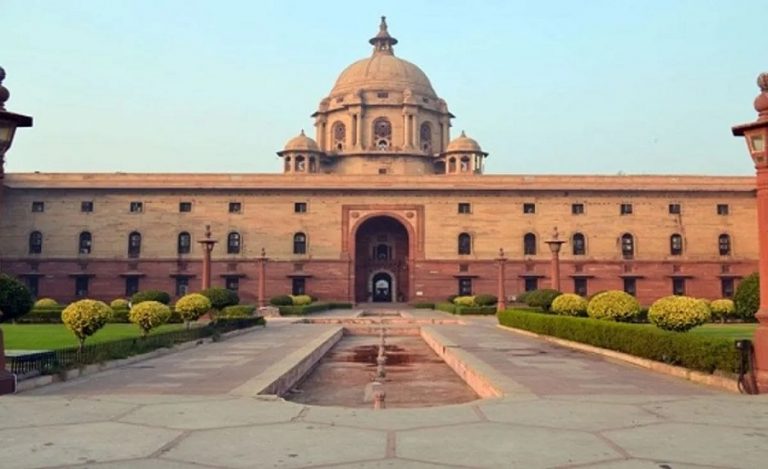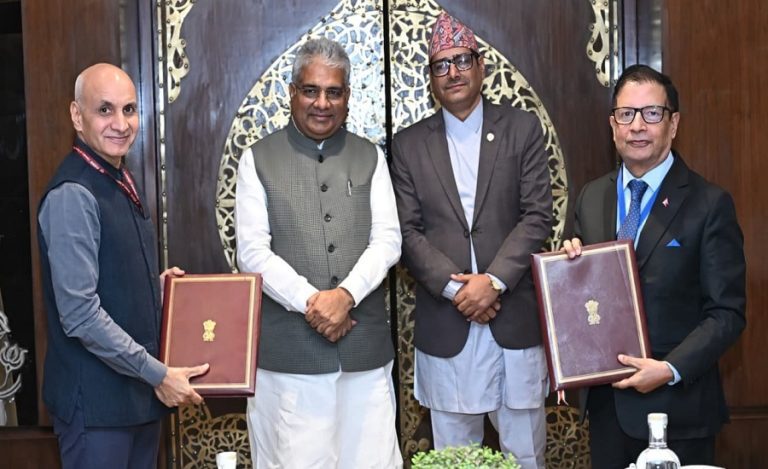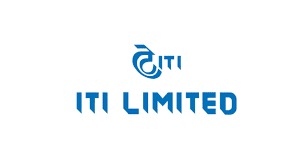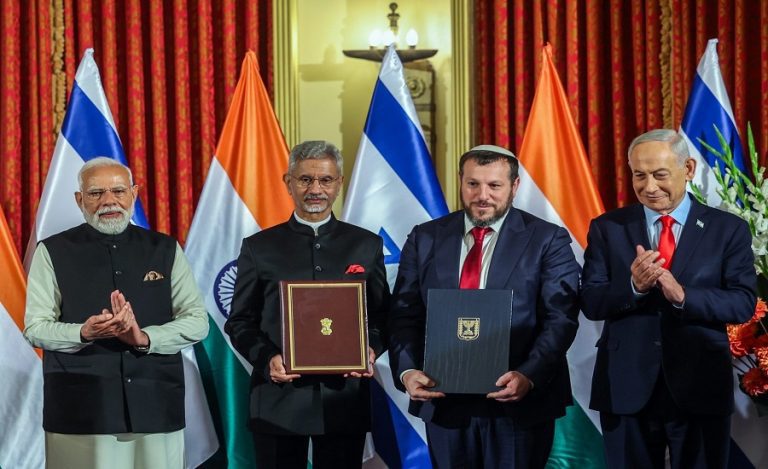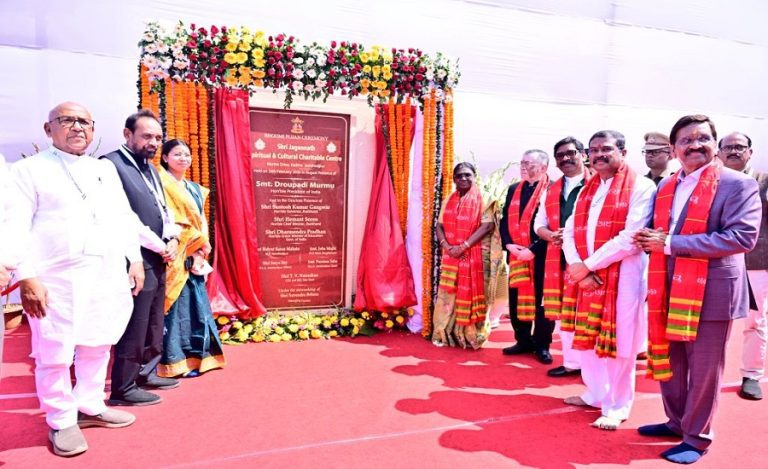The Ministry of Environment, Forest and Climate Change (MoEFCC) has introduced a draft notification establishing greenhouse gas (GHG) emissions intensity targets for both PSU and private sector petroleum refineries, petrochemical facilities, and textile units. This marks the first time such sectors have been formally regulated under the Nationally Determined Contributions (NDCs) framework.
Sector-Specific Emission Mandates
The draft covers refineries operated by major PSUs—including IOC, BPCL, HPCL, GAIL, and ONGC—as well as private firms like Reliance Industries and Nayara Energy. Each facility will be assigned targets measured in tonnes of CO₂ per tonne of output. For instance, IOC’s Guwahati refinery must reduce emissions from 7.78 tCO₂/t in FY24 to 7.03 tCO₂/t by FY27, while BPCL’s Mumbai refinery is required to cut intensity from 3.97 to 3.80 tCO₂/t.
Carbon Credit Trading and Penalties
Refineries and textile units that exceed their emission reduction targets can earn carbon credit certificates. Those that fall short must surrender or buy equivalent carbon credits. Non-compliance will incur “environmental compensation,” calculated at twice the average carbon credit trade price, as verified by the Bureau of Energy Efficiency and enforced by the Central Pollution Control Board.
Alignment with Broader Climate Goals
This proposal is part of India’s commitment to reduce GHG intensity by 45% from 2005 levels by 2030, as pledged under the Paris Agreement. Previous MoEFCC drafts in April included sectors such as cement, aluminium, chlor‑alkali, and pulp & paper. The current revision extends these mandates to include refineries and the textile industry for the first time.
Timeline and Public Feedback
The draft was issued on June 24, 2025, and is open for stakeholder and public comments. The ministry aims to finalize the notification within three to four months. The initiative also anticipates launching India’s carbon market in 2026 and advancing net-zero objectives by 2070.



